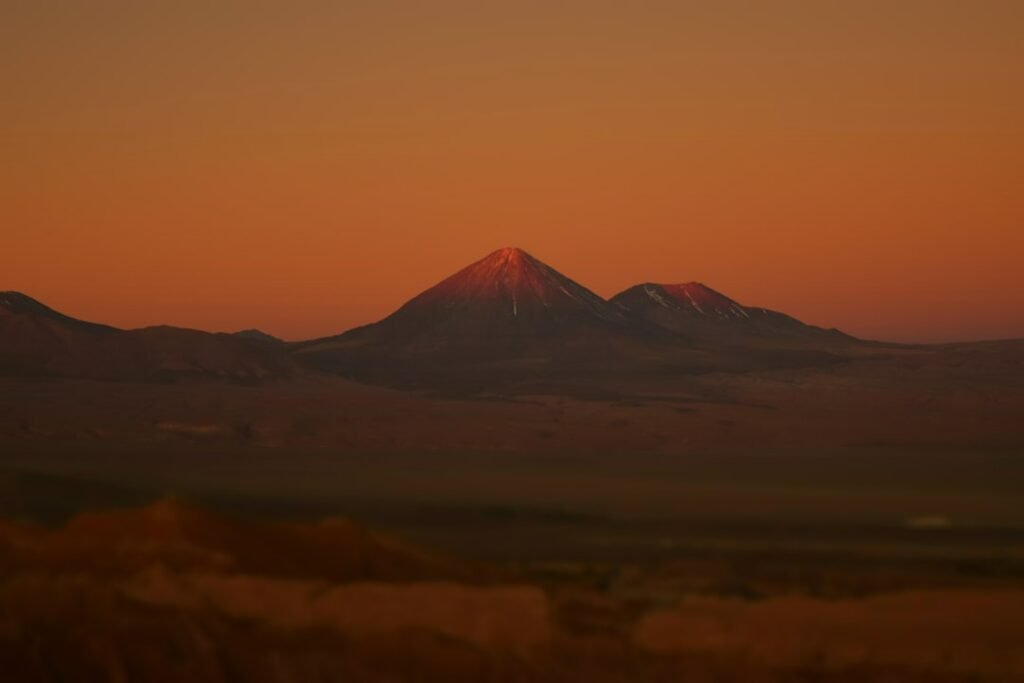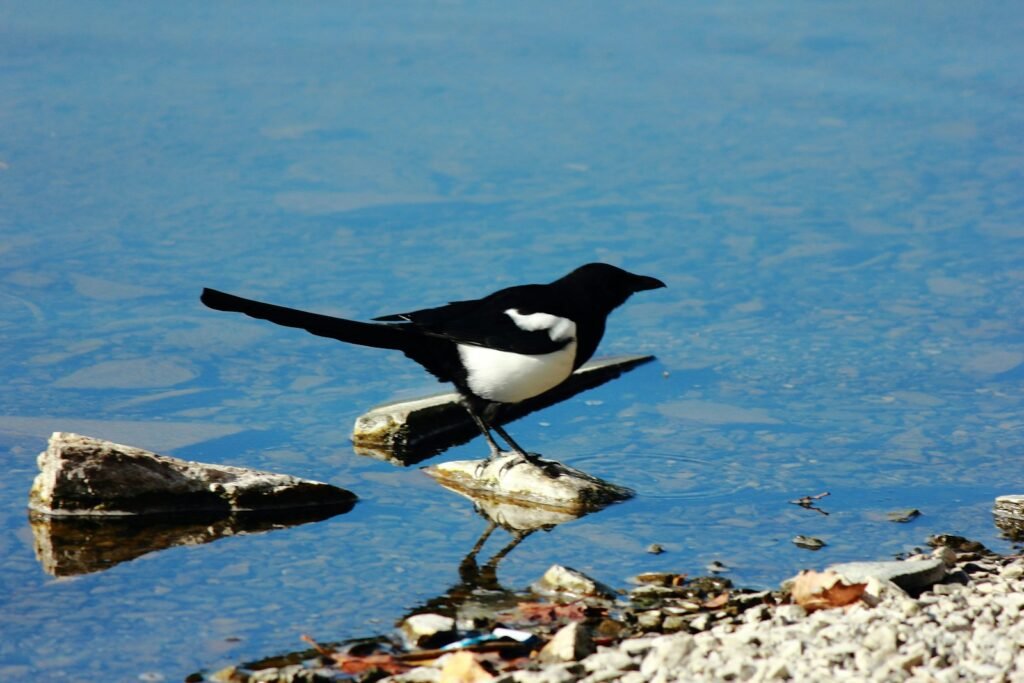What if the world you knew vanished overnight, swallowed by a flood so immense it seemed the gods themselves were washing the earth clean? Imagine standing at the edge of everything, soaked to the bone, clutching the hand of the only person left who remembers the world as it was. This is the haunting, unforgettable image at the heart of one of Greece’s oldest and most powerful myths: the story of Deucalion and Pyrrha, the last man and woman after the Great Flood. Their tale is more than an ancient legend—it’s a mirror for our deepest fears, hopes, and the never-ending human drive to begin again, no matter how much is lost.
The Ancient Roots of the Flood Legend
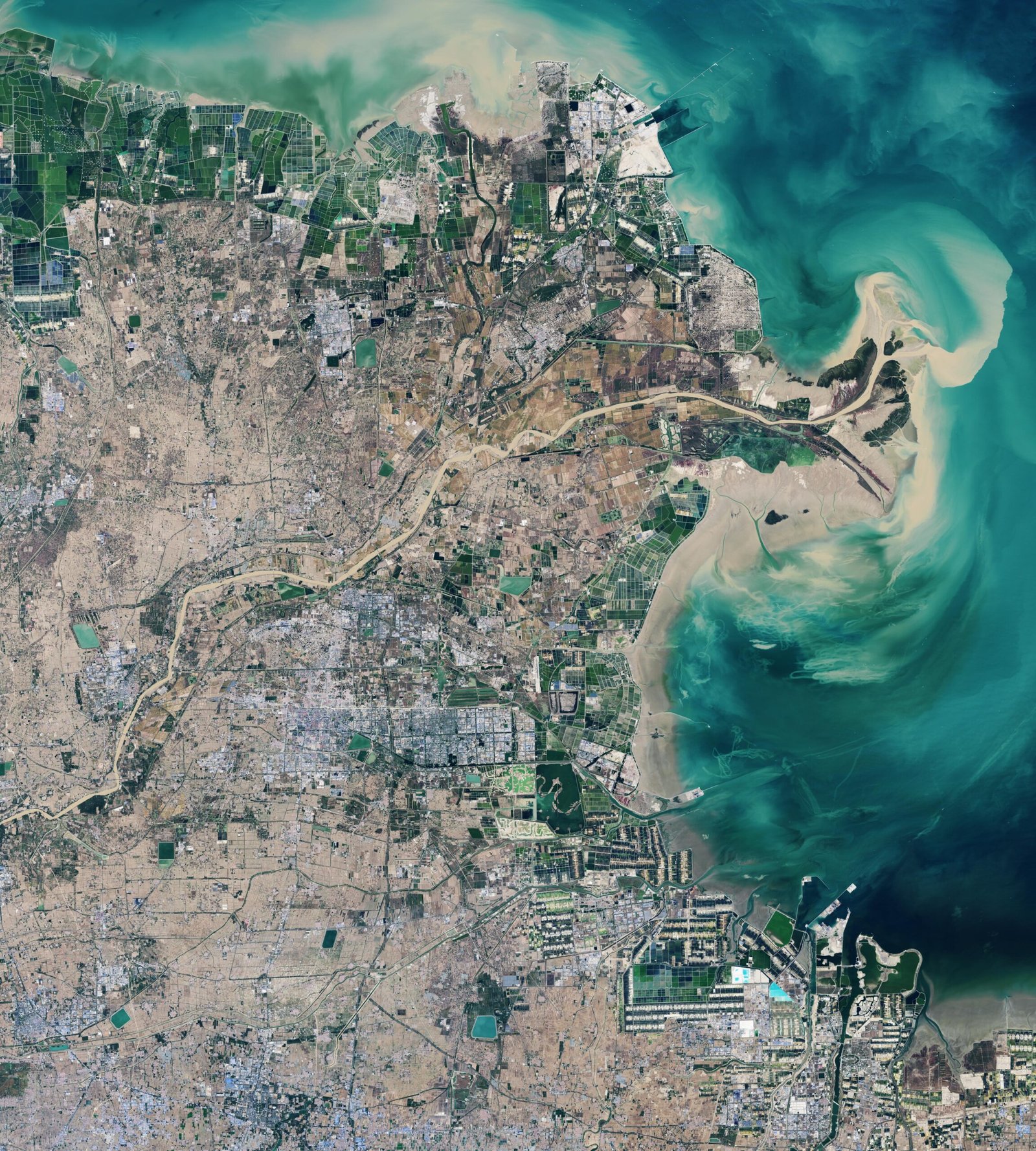
The myth of Deucalion and Pyrrha stretches back to a time when stories were not just entertainment, but the lifeblood of understanding the world. Ancient Greeks told tales by firelight, weaving the flood myth into the fabric of their culture. Unlike many myths that focus on gods warring or heroes slaying monsters, this story speaks to survival and starting anew. It’s one of the earliest recorded flood myths in Europe, echoing similar tales from Mesopotamia and beyond. The Greeks believed such stories explained natural disasters and reminded people of their place in a world ruled by forces beyond their control. Even today, the legend stirs something primal in us—the urge to survive the worst and rebuild from nothing.
Who Were Deucalion and Pyrrha?
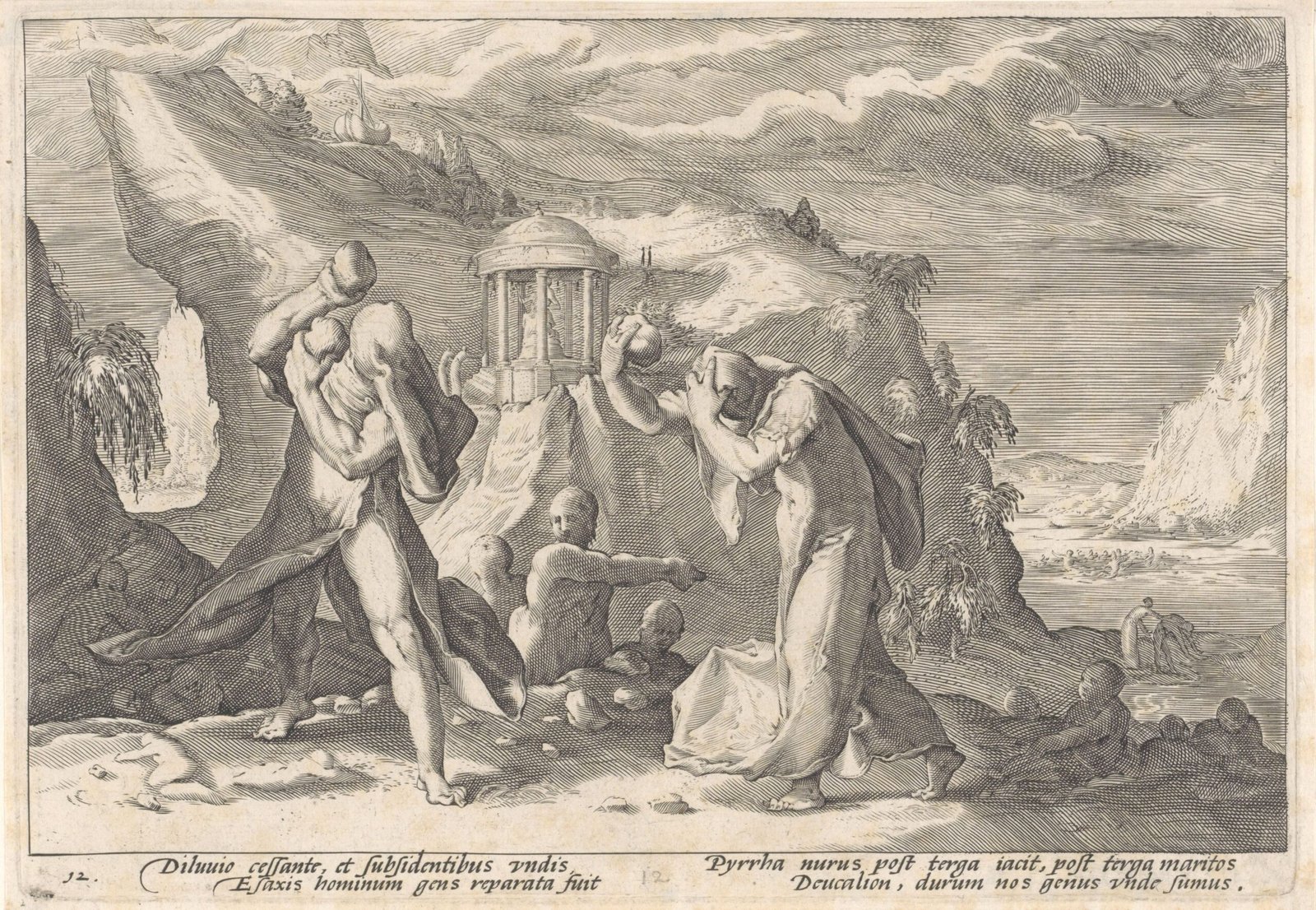
Deucalion and Pyrrha were not just random survivors. Deucalion was the son of Prometheus, the cunning Titan who famously stole fire for humanity. Pyrrha, his devoted wife, was the daughter of Epimetheus and Pandora—the first woman, whose curiosity unleashed both hope and hardship. This lineage gave the couple a unique place in the mythological world: they were both favored and tested by the gods. Their story isn’t just about survival; it’s about the resilience that runs through generations, a reminder that even the children of rebels and the curious are worthy of a second chance.
The Wrath of Zeus: Why the Flood Began
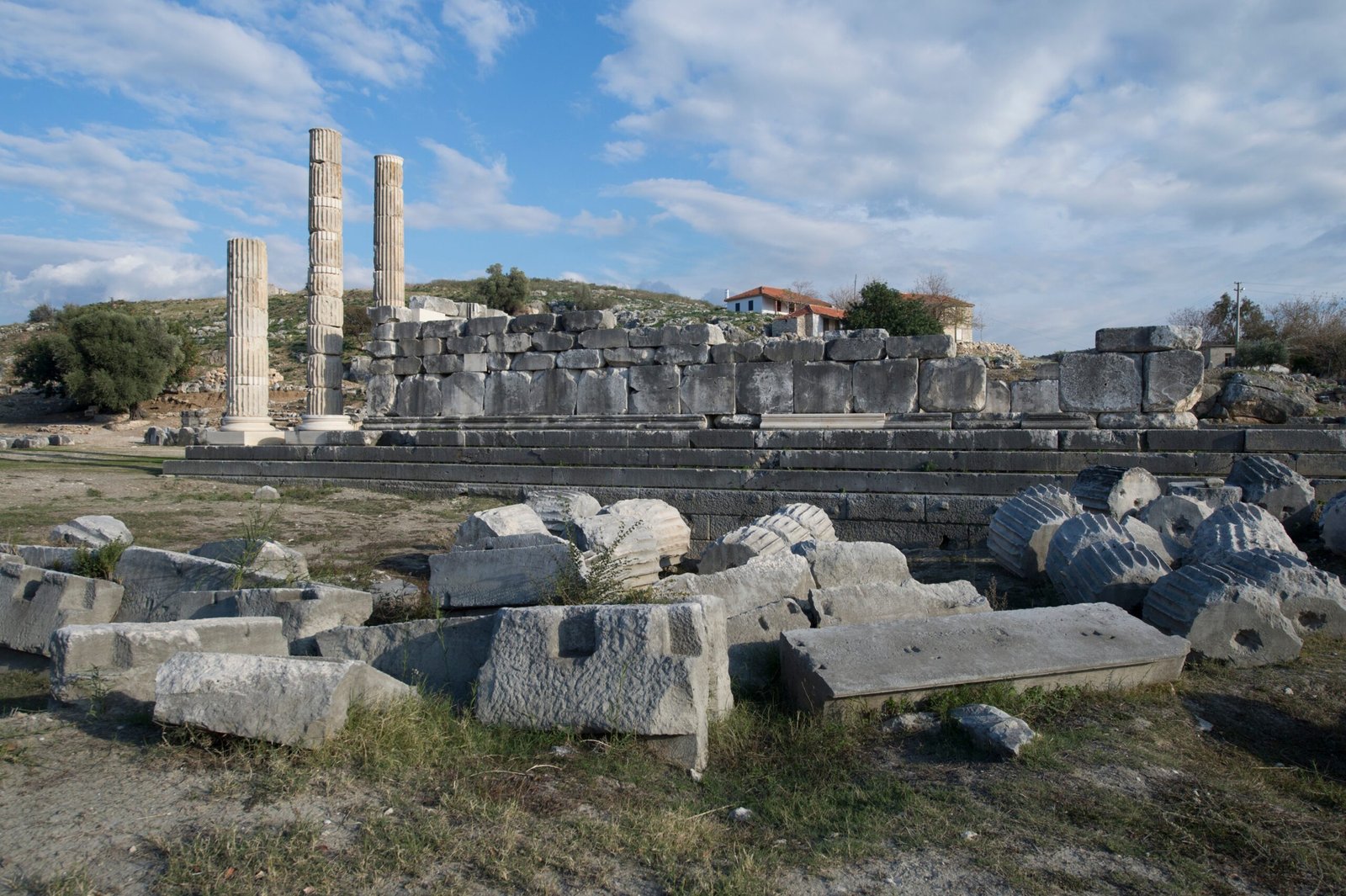
The flood wasn’t a random act of nature in the Greek imagination—it was a punishment. Zeus, king of the gods, looked down on humanity and saw chaos, violence, and disrespect. Disgusted by human wickedness, he decided to wipe the slate clean with a deluge so powerful that only the purest would survive. The decision to flood the earth was both terrifying and strangely familiar for anyone who has ever witnessed a storm and wondered if it was more than just weather. In Greek myth, the gods’ emotions shaped the world. The flood was Zeus’s way of reminding mortals of his power and the consequences of collective failure.
Building the Ark: A Race Against Time
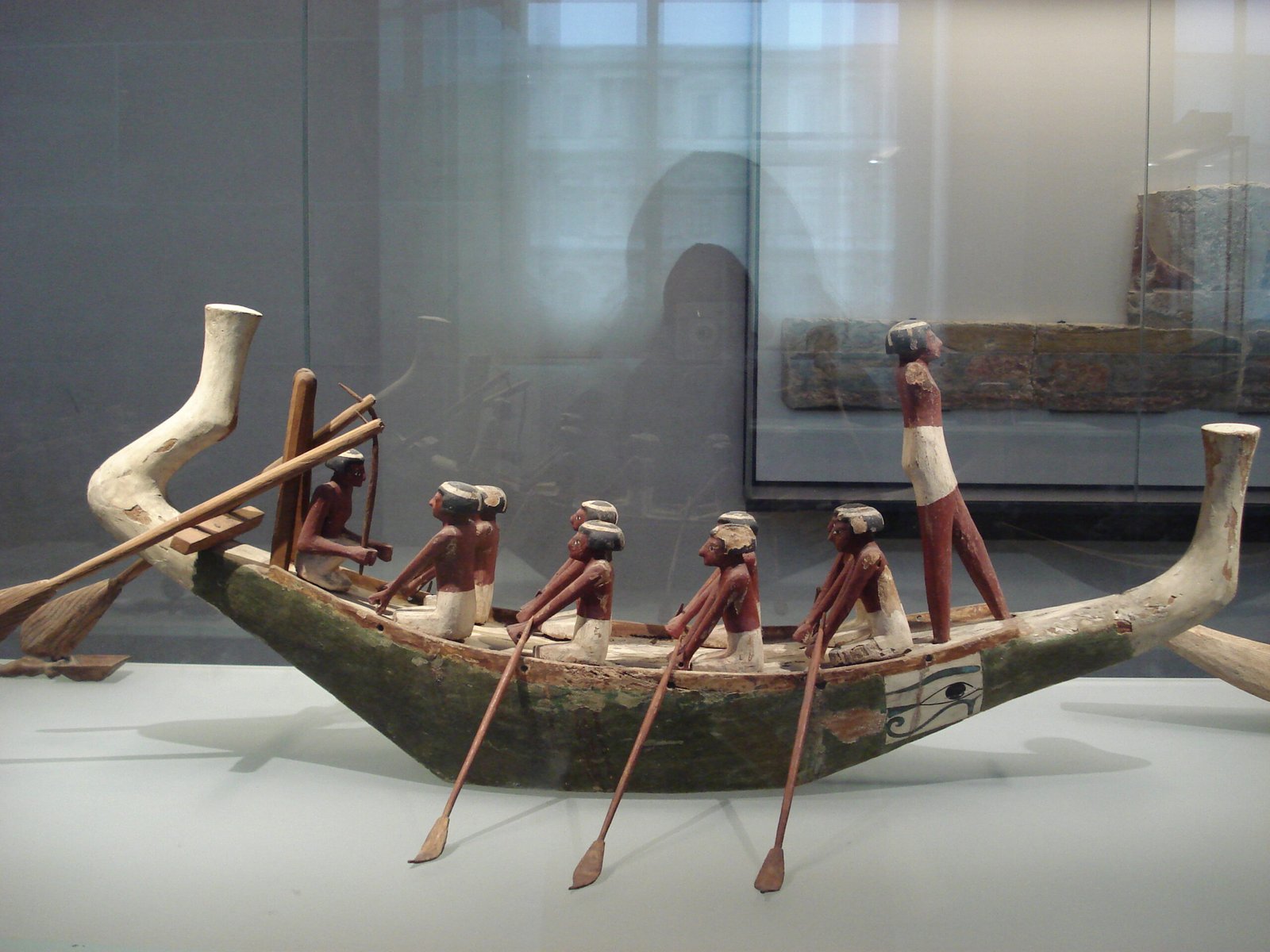
Prometheus, ever the trickster and friend to mankind, warned his son Deucalion of the coming disaster. Unlike the biblical Noah, Deucalion did not receive a long list of measurements or blueprints. Instead, he and Pyrrha hastily built a simple wooden chest—some say it was just a large box, others imagine a primitive boat. As the rain began to fall and rivers swelled, the couple climbed inside, clinging to hope and each other. This desperate scramble to survive, with little more than a father’s warning and their own willpower, gives the myth a raw, human edge.
Forty Days of Chaos: The Flood Unleashed
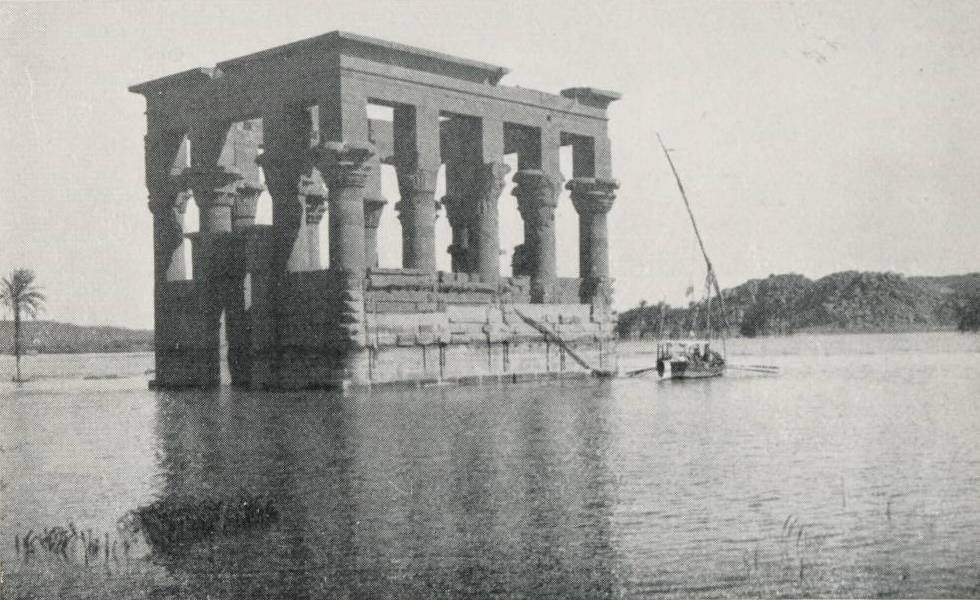
The floodwaters rose with a terrifying speed. Ancient poets describe the earth vanishing beneath swirling, muddy waves. Mountains became islands, and all life seemed lost. For nine days and nights, Deucalion and Pyrrha drifted—no food, no light, just the endless, churning sea. Imagine the fear, the loneliness, the longing for solid ground. The water finally receded as suddenly as it came, and their ark washed ashore on the slopes of Mount Parnassus. The silence after the storm must have been profound, broken only by the wind and the couple’s exhausted breathing.
The World After the Deluge
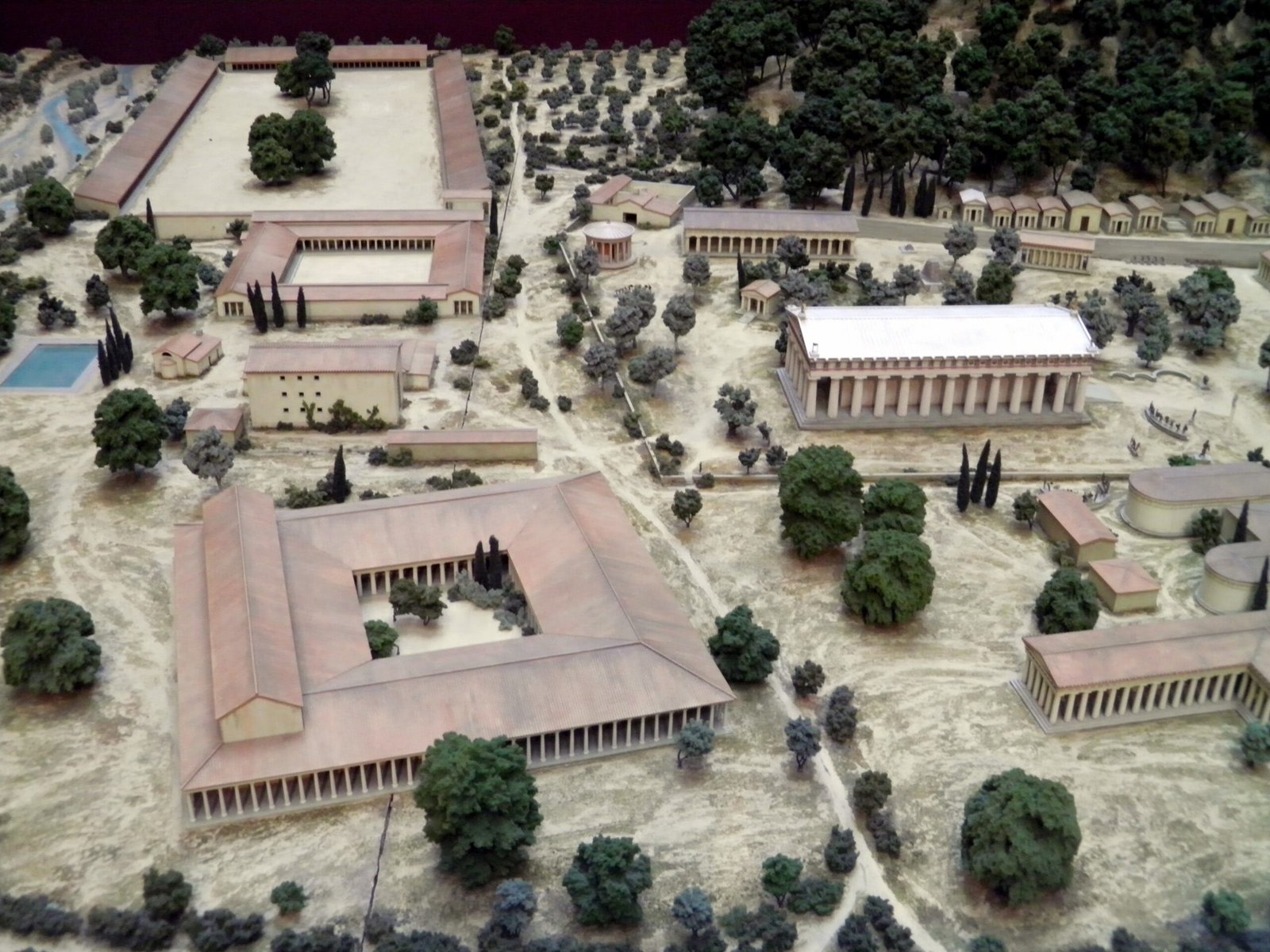
When Deucalion and Pyrrha stumbled out of their ark, the world was eerily empty. The familiar sounds and sights of life were gone. The land was fresh and raw, washed clean by the gods’ fury. There were no neighbors, no cities, only the vast silence of a world starting over. This moment—standing at the dawn of a new age—feels both exhilarating and terrifying. Every step they took was into the unknown, and every decision mattered. Their story captures the awe and fear of being both the last—and first—people on earth.
Seeking Guidance from the Gods
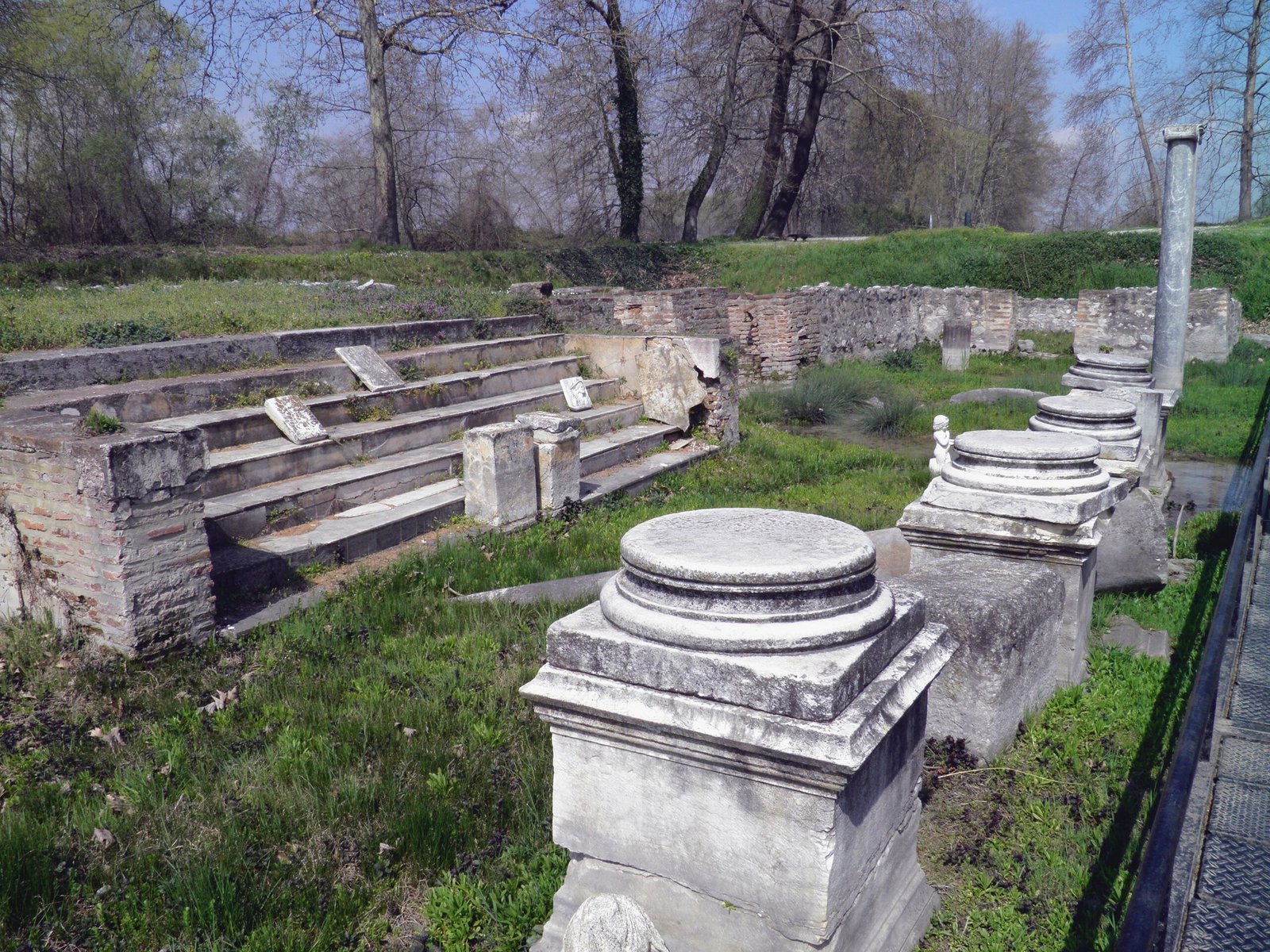
Alone in a devastated landscape, Deucalion and Pyrrha did what many would: they turned to the gods for answers. They climbed to the temple of Themis, goddess of divine order and prophecy, and begged for a way to restore humanity. The ancient Greeks believed that hope came from the gods, but the answers were rarely simple. Themis responded with a riddle—one that would shape the future of mankind. The couple’s humility and willingness to seek help is a powerful reminder that even the bravest need guidance in times of crisis.
Themis’ Riddle: “Throw the Bones of Your Mother”
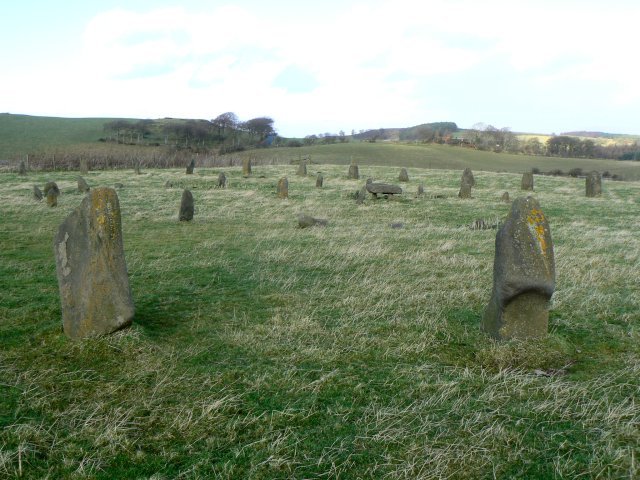
Themis’s answer was enigmatic: “Cover your heads and throw behind you the bones of your mother.” Deucalion and Pyrrha were horrified and confused. Surely the gods weren’t asking them to desecrate their ancestors’ graves? Yet, after much thought, Deucalion interpreted the riddle metaphorically. The “mother” was the earth itself, and her “bones” were stones. This clever solution shows the importance of wisdom and creativity—a message that, sometimes, survival depends on thinking outside the box.
Stones to Flesh: The Birth of a New Humanity
Following Themis’s instructions, Deucalion and Pyrrha picked up stones and tossed them over their shoulders. Miraculously, the stones thrown by Deucalion transformed into men, while those cast by Pyrrha became women. From this simple, almost magical act, a new human race was born. The myth suggests that humanity is both tough and adaptable, like stone, but also capable of change. It’s a poetic way to explain why people are resilient and why, no matter how bleak things seem, there’s always a way forward.
Symbolism of the Flood: Cleansing and Renewal
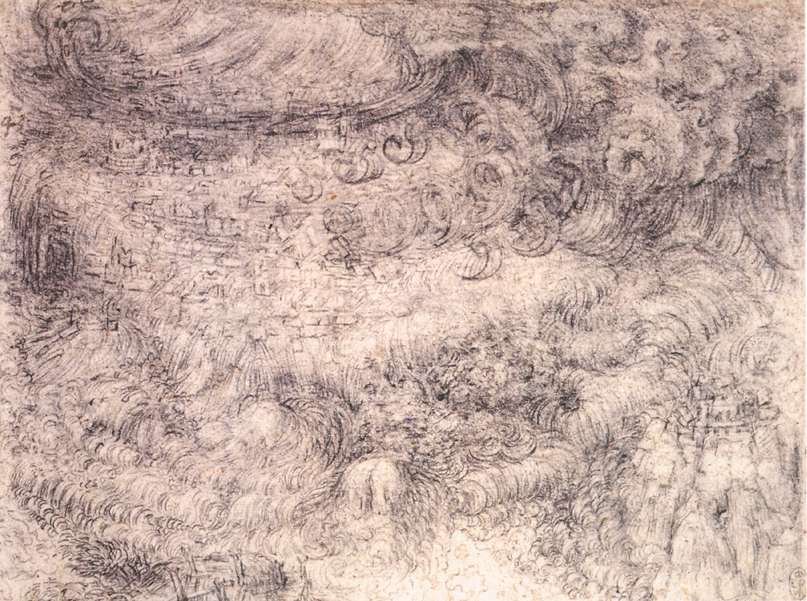
The flood in Greek mythology is more than a disaster—it’s a symbol of purification and a fresh start. Water, in many cultures, represents both destruction and rebirth. By wiping out the old, the flood made room for something new and hopefully better. For the Greeks, these stories explained why the world sometimes feels harsh and why, after every hardship, there is a chance to begin again. It’s a powerful metaphor that still resonates, especially when life feels overwhelming.
Comparing Myths: The Greek Flood and Other Ancient Tales
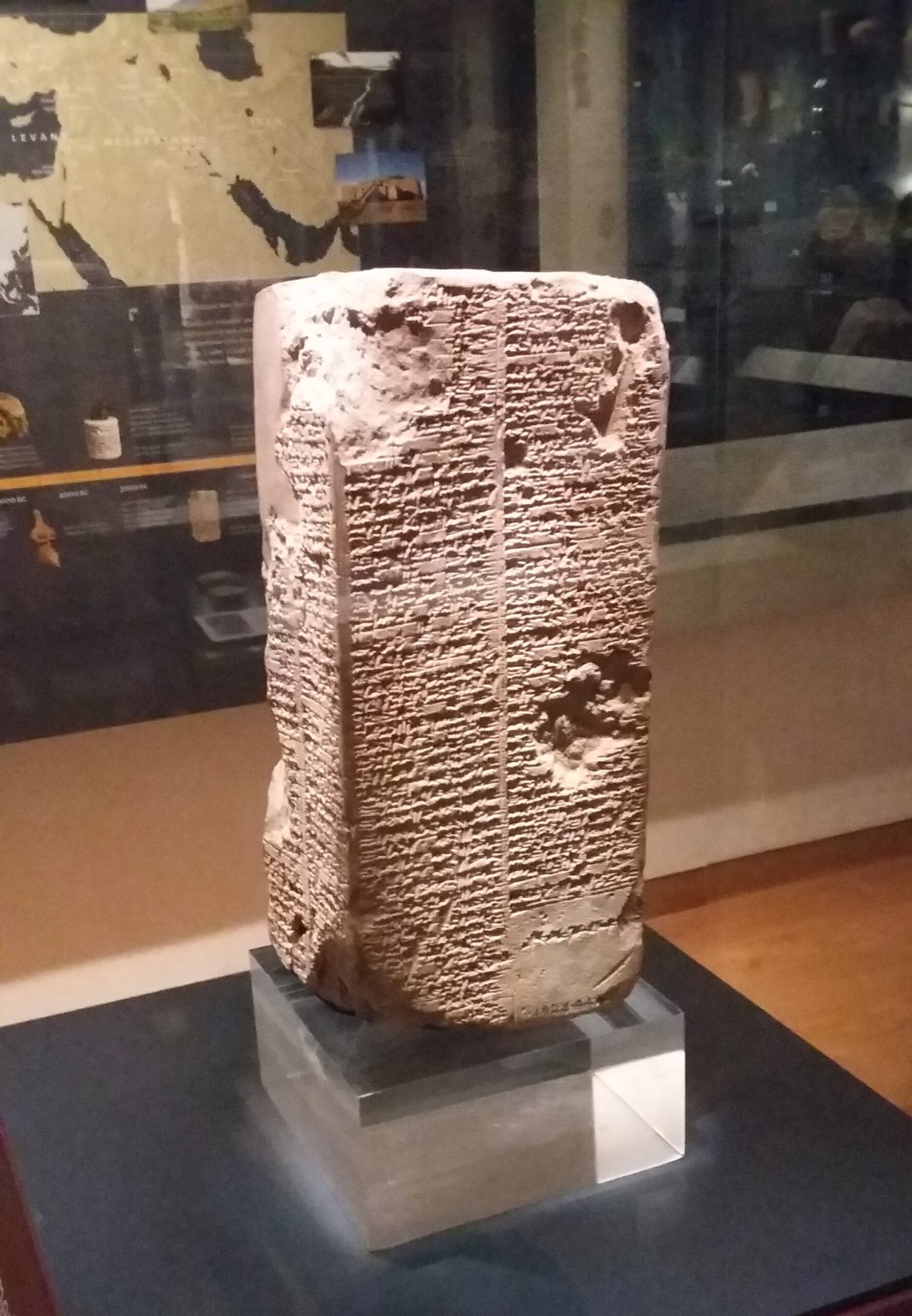
Deucalion and Pyrrha’s story is strikingly similar to other ancient flood legends, like the biblical account of Noah or the Mesopotamian tale of Utnapishtim. In each version, a chosen survivor builds a vessel, endures a world-drowning storm, and emerges to repopulate the earth. These parallels suggest a shared human fear of catastrophe—and a shared hope for redemption. Scientists and historians believe these stories may have roots in real floods that devastated ancient communities, leaving such a deep mark that they became the stuff of legend.
Science and Myth: Was There a Real Flood?
Modern researchers have often wondered if a real event inspired the Greek flood myth. Geological evidence shows that the Mediterranean and Black Sea regions have experienced catastrophic floods and sea level changes in the distant past. Some archaeologists suggest that massive floods, possibly caused by melting glaciers or earthquakes, could have wiped out early settlements. While the details of the myth are fantastical, the fear of sudden, world-changing disasters is rooted in real, lived experience—a reminder that myths often grow from the seeds of truth.
The Role of Prometheus: A Father’s Warning
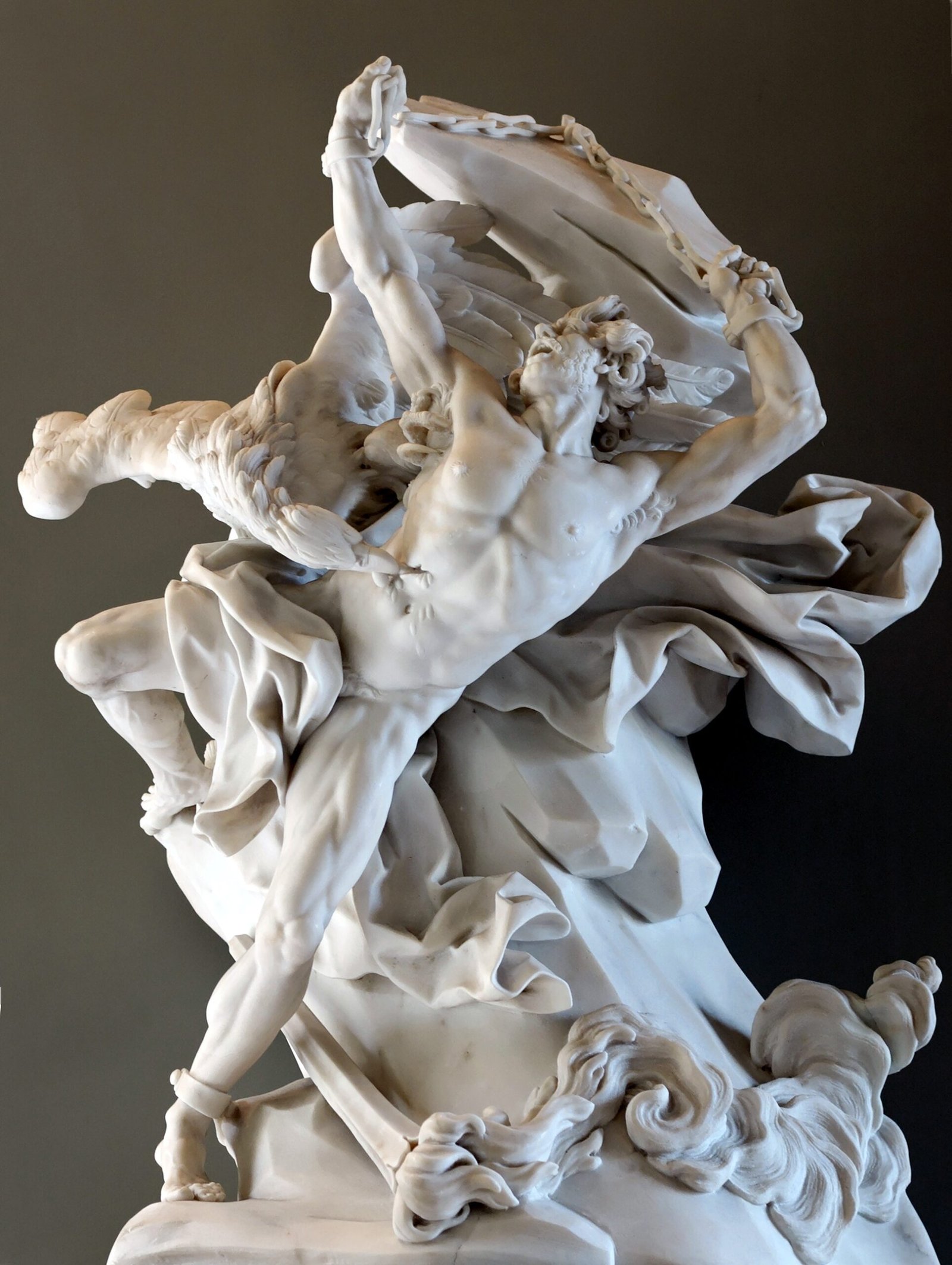
Prometheus, the Titan who warned Deucalion, is a fascinating figure in Greek mythology. He represents foresight and rebellion, the urge to challenge the status quo. By tipping off his son, Prometheus helps humanity survive not just by giving them fire, but by passing on wisdom. His actions highlight the importance of learning from the past and listening to those who see danger ahead. In a world full of uncertainty, a little foresight can mean the difference between extinction and survival.
Pyrrha’s Endurance: The Forgotten Heroine
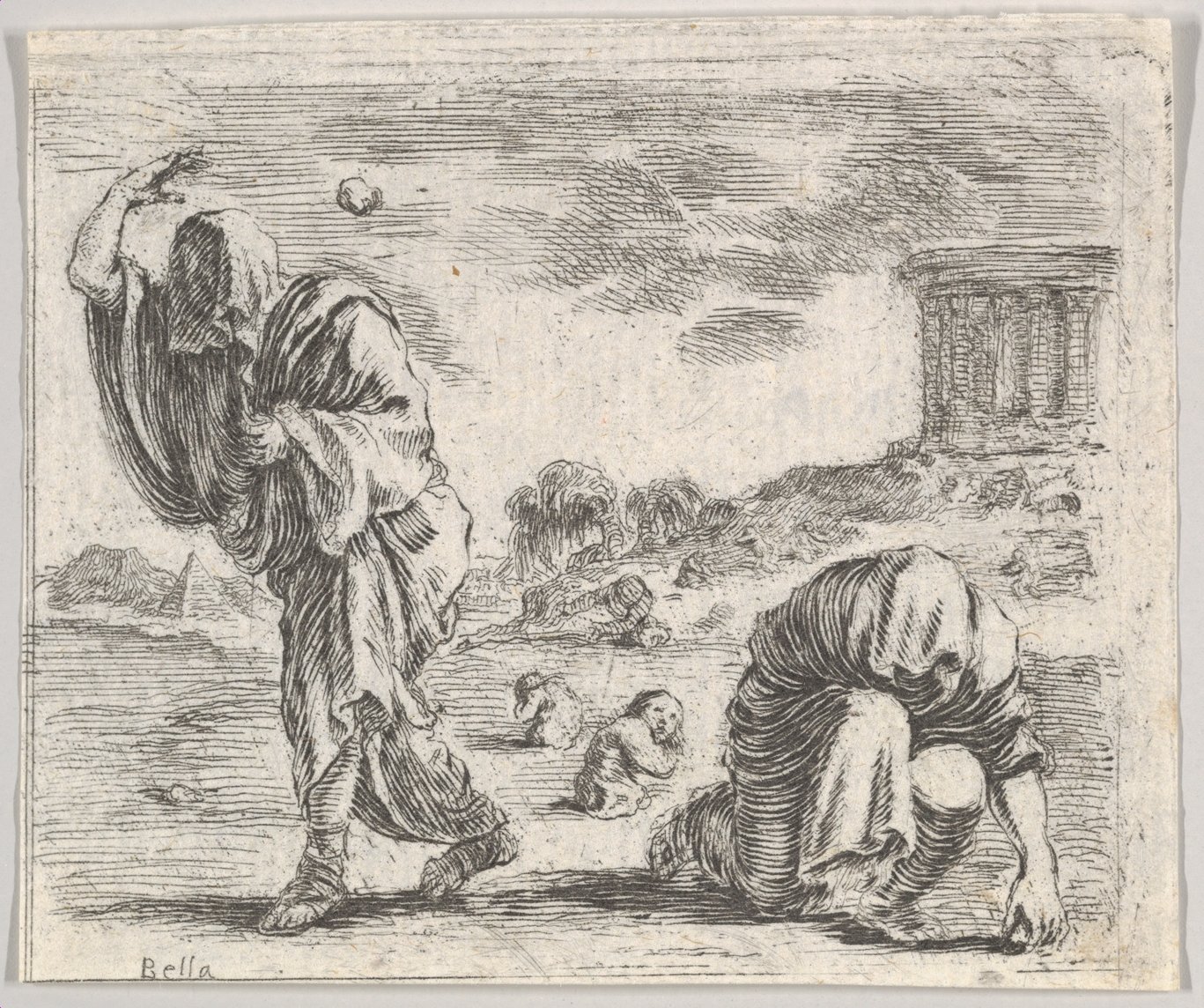
Pyrrha is often overshadowed by her husband, but her role is crucial. She endures the flood, helps solve the riddle, and participates equally in restoring humanity. In a time when women’s voices were often silenced, Pyrrha stands as a quiet pillar of strength. Her endurance is a reminder that survival is rarely a solo act—it takes partnership, compassion, and shared courage to weather life’s storms.
Mount Parnassus: Sacred Ground of Rebirth
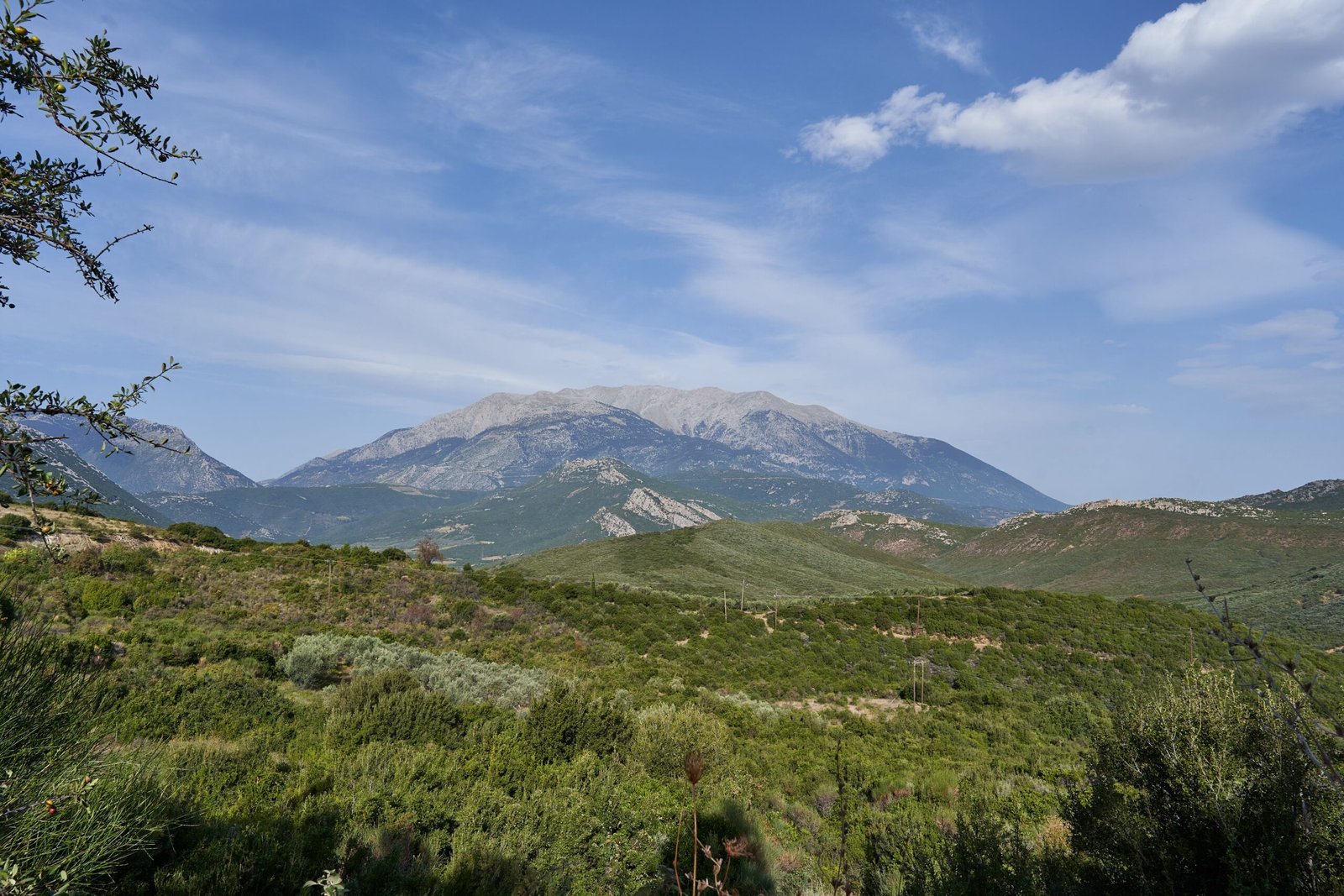
The ark of Deucalion and Pyrrha came to rest on Mount Parnassus, a mountain steeped in myth and history. Parnassus later became home to the Muses, goddesses of inspiration, and a symbol of new beginnings. The mountain’s rugged slopes and sweeping views evoke the sense of a world made fresh. In Greek culture, mountains were seen as bridges between earth and the divine—a fitting place for humanity’s rebirth.
Echoes in Art and Literature
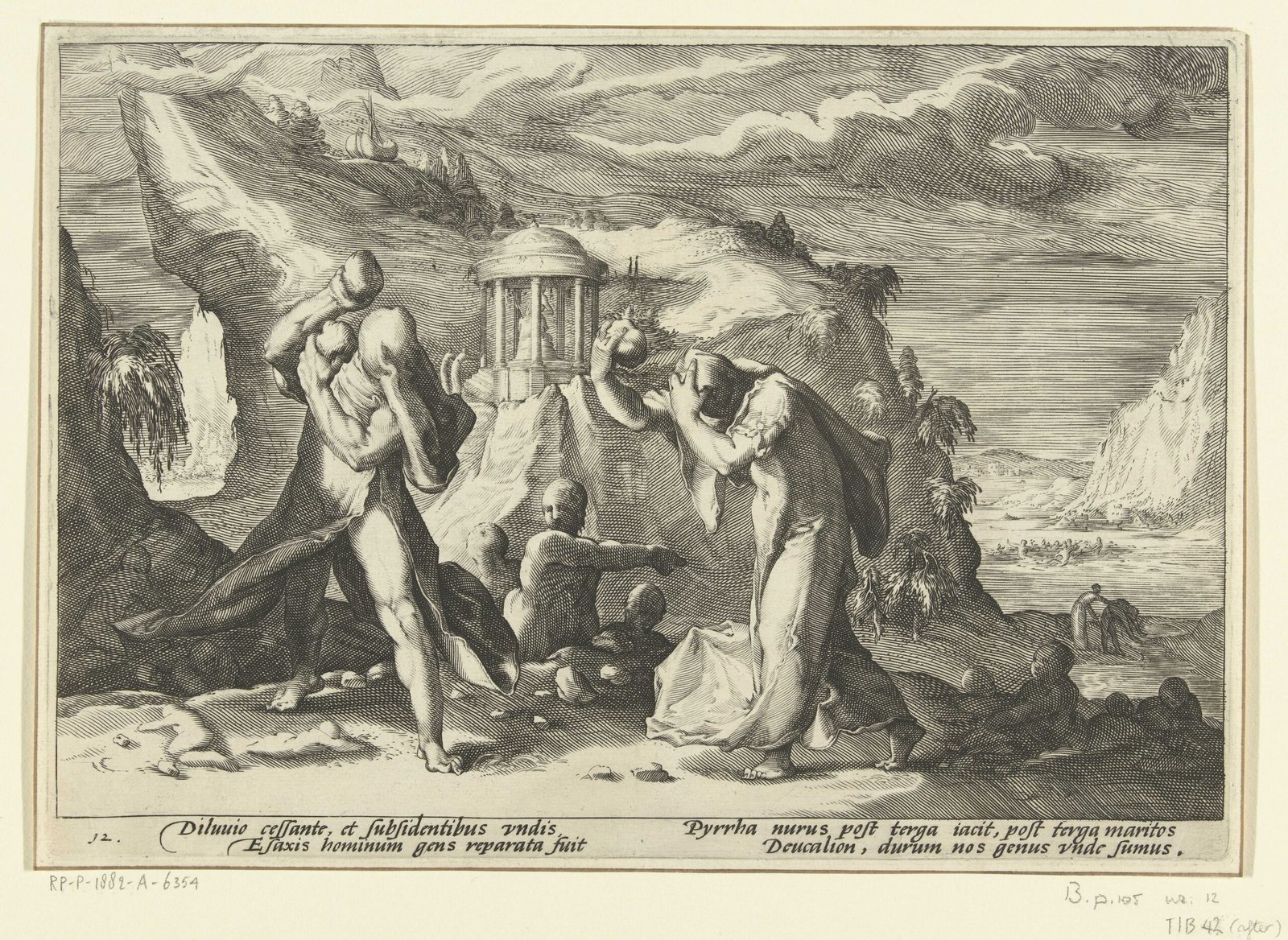
The story of Deucalion and Pyrrha has inspired countless artists and writers, from ancient vase painters to Renaissance sculptors and modern novelists. Their image—two lone figures on a barren shore, stones transforming into people—has become a symbol of hope against impossible odds. The myth’s emotional power lies in its universality: everyone, at some point, has faced a flood of their own, real or metaphorical, and dreamed of starting over.
The Flood as a Cautionary Tale
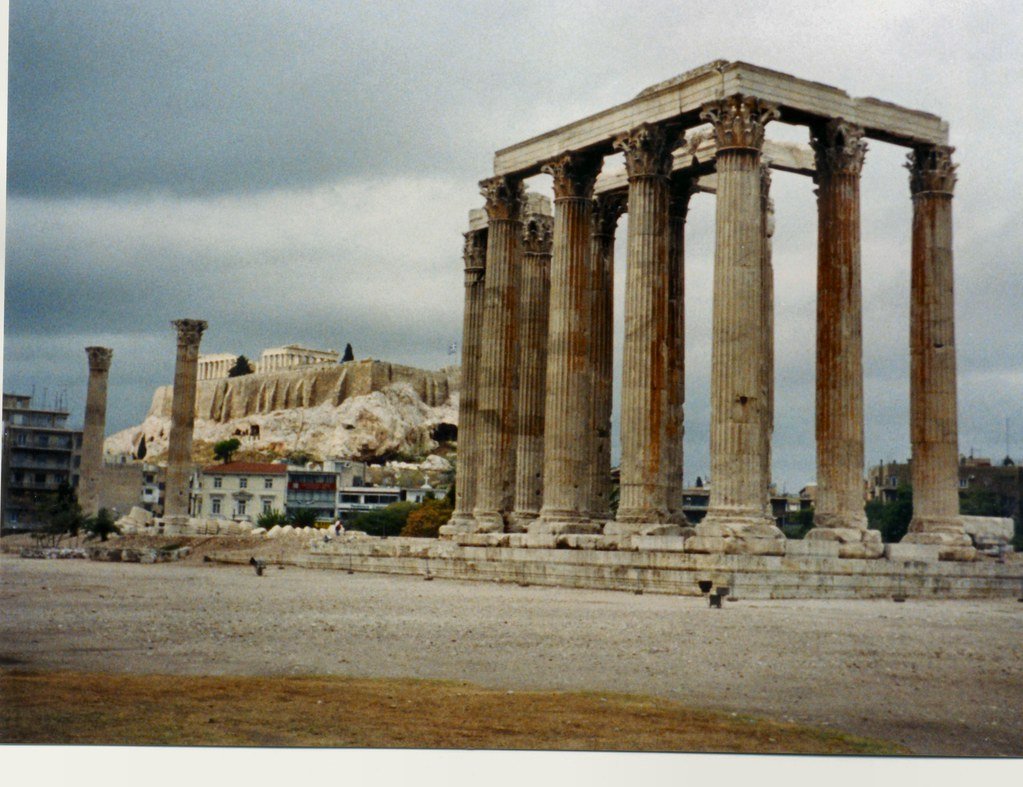
Like all great myths, the story warns as much as it inspires. The flood is Zeus’s response to human arrogance and violence, a reminder that actions have consequences. The lesson isn’t just about survival; it’s about humility and respect for forces greater than ourselves. In a world grappling with climate change and natural disasters, the story feels more relevant than ever. It urges us to care for the earth and each other, lest we invite another deluge.
Legacy of Deucalion and Pyrrha in Modern Culture
Even today, the names Deucalion and Pyrrha carry weight. In science, Deucalion has lent his name to an asteroid and even a moon of Saturn. Writers and thinkers still revisit their story when exploring themes of catastrophe and recovery. The myth has also influenced how later generations think about family, ancestry, and the importance of rebuilding. Their tale is a touchstone for anyone who has ever faced devastation and dared to hope again.
Humanity’s Eternal Hope: Rebirth From the Ashes
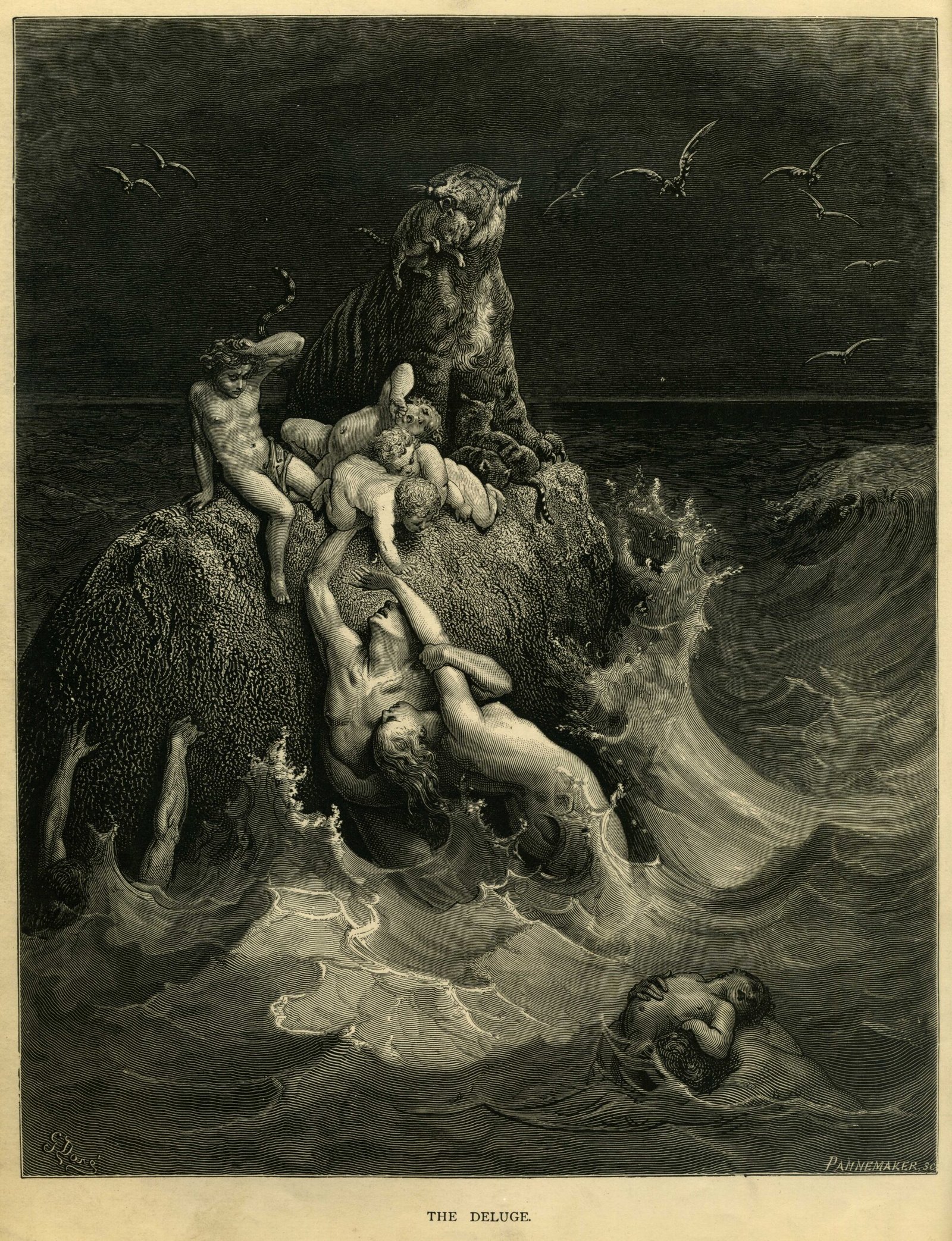
The story of Deucalion and Pyrrha is, at its core, about hope. It’s the belief that even when everything is lost, something new can rise from the rubble. Whether you see the myth as history, metaphor, or warning, it speaks to the part of us that refuses to give up. Their journey from despair to renewal is echoed in every story of survival, from ancient times to today.
The myth of Deucalion and Pyrrha reminds us that resilience is at the heart of the human spirit, and even the darkest flood can give way to a brighter dawn.



